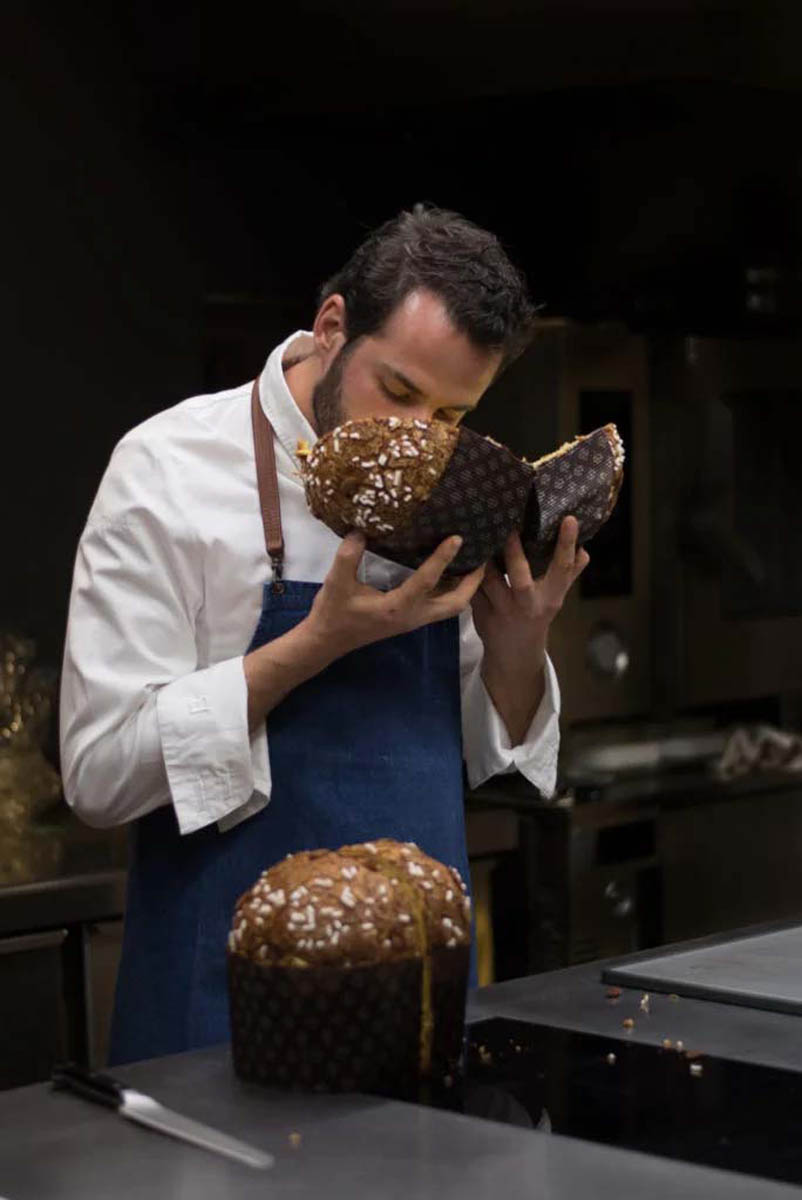The Times tries to Brexit Christmas sweets, attacking panettone for overshadowing the traditional Christmas pudding in the homeland. After Iginio Massari's sharp response, here are the replies from Ernst Knam and Andrea Tortora.
THE TIMES DISMISSES PANETTONE: RESPONSES FROMNERNST KNAM AND ANDREA TORTORA
That panettone is one of the most beloved desserts worldwide, from America to Asia, and the undisputed king of Christmas pastries is confirmed by the harsh criticism from the pages of the English "The Times" by critic Tony Turnbull, who, in the article titled "Why I Hate Panettone," wields a smoky pen. "Just five years ago, the majority of the English would have struggled to pronounce the name 'panettone' or even know what it was," he complains.
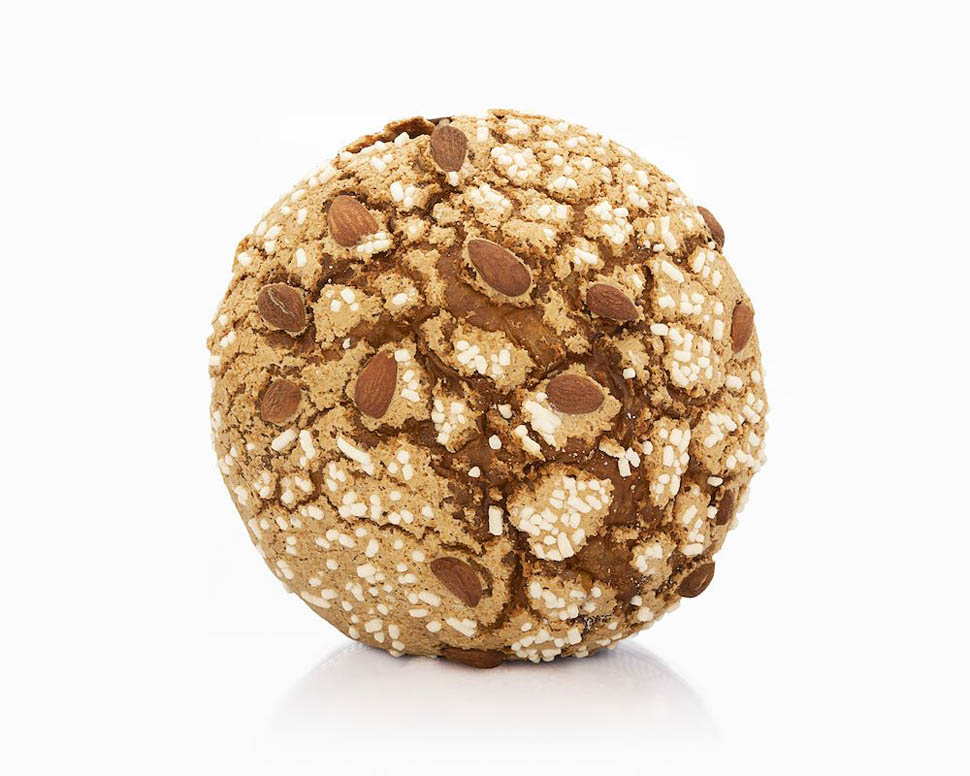
The numbers speak for themselves: British supermarkets recorded a +120% increase in sales of the Italian sweet this year; the elegant Selfridges department store, where it costs £150, tersely defines it as the "undisputed champion of Christmas food," while Asda alone, offering five lines, has already made £225,000 from it. However, Turnbull disagrees and emphasizes how his local antagonist, Christmas pudding, can be homemade, contesting the numbers duel. According to him, moreover, panettone has indeed become a common gift in the UK, thanks to designer packaging, but secondarily enters a whirlwind of regifting, where everyone tries to offload it to the next.
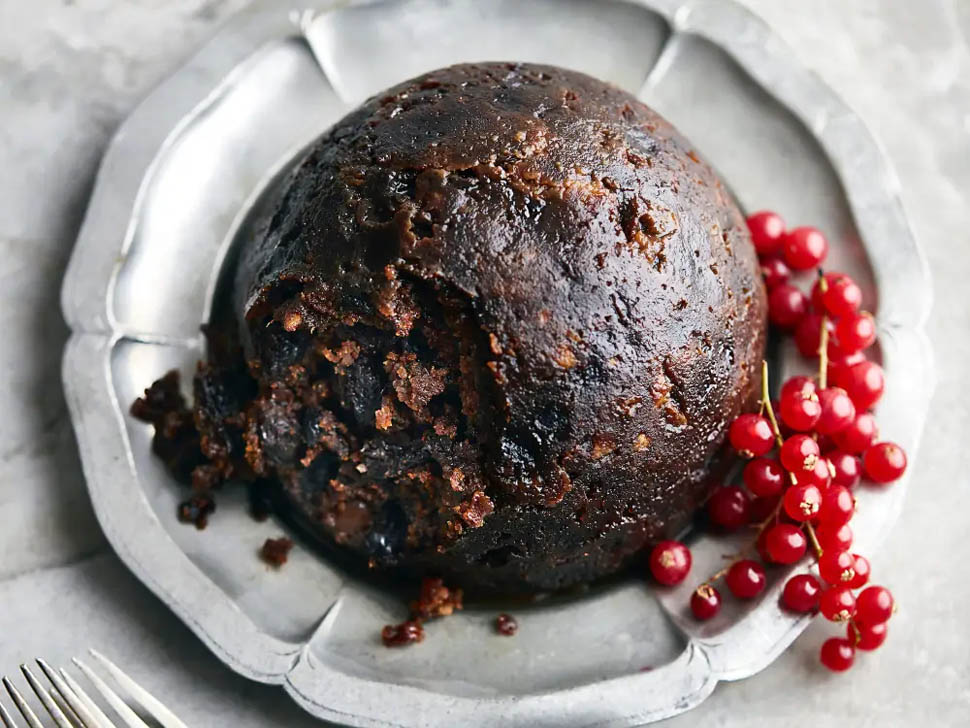
According to the journalist, the dessert has numerous flaws: it is too sweet, too heavy, often poorly leavened, and too baked. In short, indigestible for Her Majesty's citizens, who, however, seem to enjoy it. According to him, panettone undesirably given to his house would be forgotten in the pantry, only to reemerge near Easter and be resurrected in milk, in the form of a revenge-flavored pudding. A statement that sounds like a resounding own goal, considering that artisanal products have a very short shelf life. It is natural to wonder, then, what he has ever tasted.
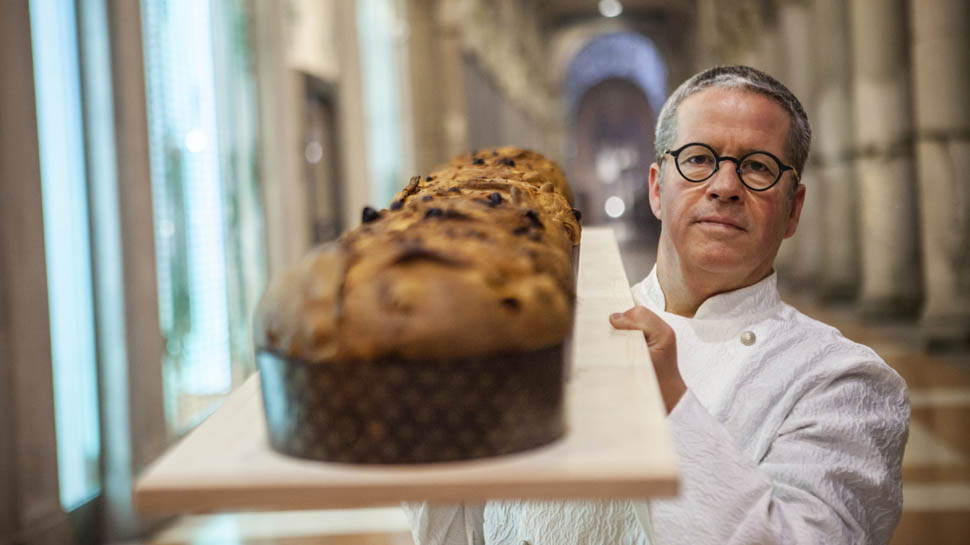
Iginio Massari's response is devastating, the dean of Italian pastry chefs, in Corriere della Sera: "Either the journalist is trying to sell more copies by generating controversy, or he does not have a palate accustomed to complex preparations. A person who always eats bread and salami will hardly understand more elaborate delicacies. Pudding is an ancient recipe rich in history, but it is still a product that anyone can make at home. Panettone, on the other hand, is a work of pastry that requires study and experience." He adds: "What he wrote is nonsense and shows a poor understanding of such a complex and elaborate dessert. Which and how many panettones has Turnbull eaten to pass judgment? Who and how had they been produced and when? Were they artisanal or industrial?"
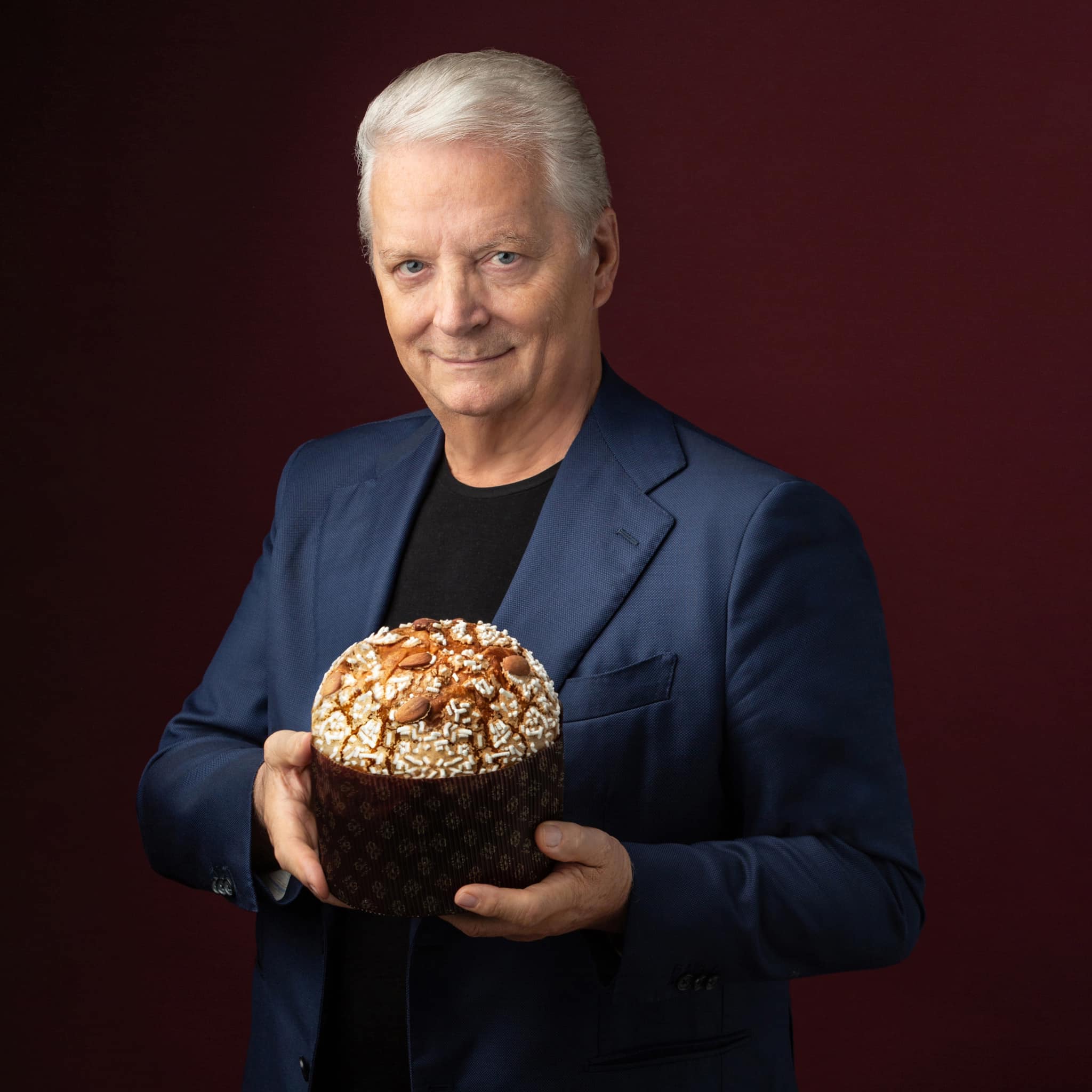
Ernst Knam agrees, saying, "I completely agree with Master Iginio Massari. I would like to add that when these tirades happen, no one ever wins. Having worked in Scotland and London, I remember Christmas pudding well, a wonderful, even technical, dessert that should not be underestimated. It requires marinating, a long cooking time, and its history is even longer than that of panettone. It also depends on what the journalist had tasted precisely. However, presented this way, it seems like a controversy made to fill newspapers. They are simply two different desserts. In Germany, then, we have Christstollen, which is a bit of a middle ground between the two. I remember that Marchesi asked me for a panettone with the classic leavening, but double the butter and double the candied fruit; after many attempts, I succeeded, and I offered it again this year. It has something of Christstollen in how it melts in the mouth, so I think that certain desserts can sometimes be reminiscent of each other."

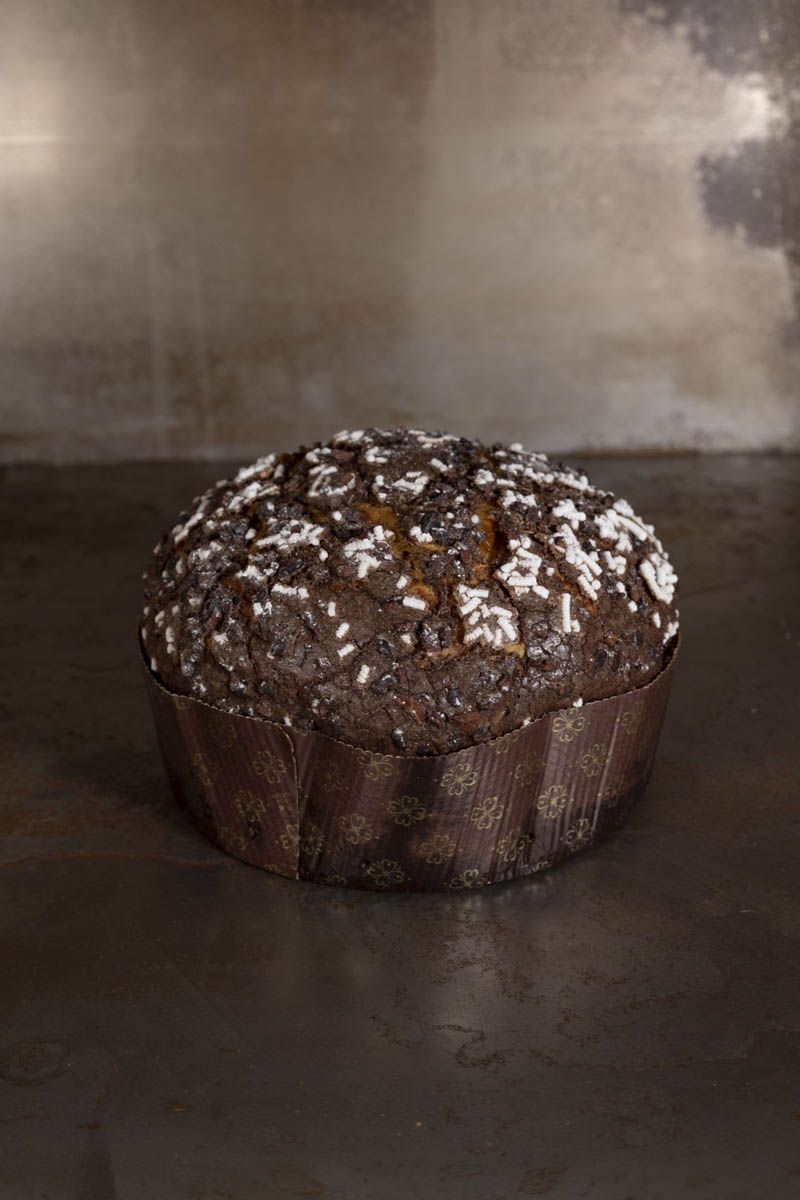
Andrea Tortora also shares his opinion: "First of all, I want to point out that in 2023, everyone should be free to express their opinion and build their following: it's somewhat the same marketing strategy that prevails on social media, of denigrating a product to promote one's own. We need to ask ourselves here and take these provocations (because that's all they are) with caution, if not with a lot of lightness. Every piece of news needs to be contextualized, and every piece of information must be weighed. Panettone is a product with centuries of history, and I believe that if the whole world is interested in it today, there must be a reason. Numbers, courses, consultations that all the great leaveners have been carrying around the world for decades speak clearly. That panettone is the most well-known Italian dessert in the world is a fact, and in recent years, a panettone-mania has spread, first in Italy and then everywhere.

Like all things that are very successful, it can divide, create contrasting opinions, and sometimes even jealousy. In the initial analysis of The Times article, we must therefore separate genuinely artisanal panettone, born from live sourdough, those passed off as artisanal but prepared with semi-finished products, industrial panettone, panettone from top chefs bought by artisans, and panettone from top chefs bought by the industry for a few euros, then resold as artisanal. In this sense, even in Italy, I see little clarity and little communication, with rankings or lists where all this is mixed. I challenge many of the most trained palates to recognize the different categories.
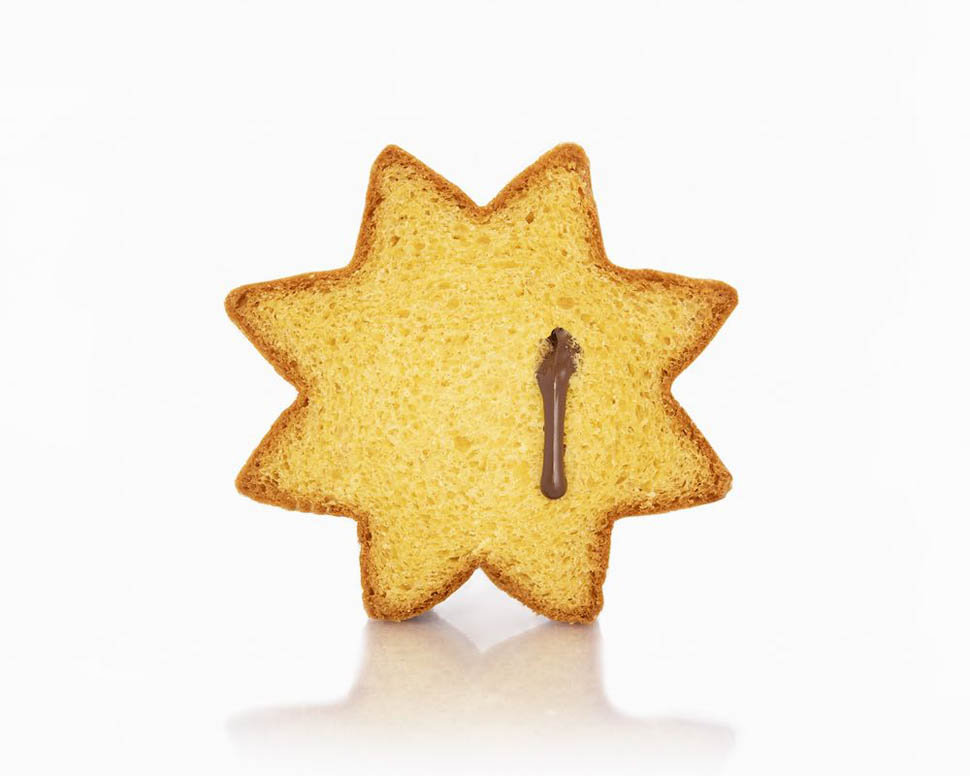
We Italians should be the first to start clarifying. A panettone that expires at Easter, produced between November and December, is absolutely not of quality. We should also ask ourselves what kind of product is exported and resold abroad: it is unlikely to be an artisanal product with a 30-day shelf life, more likely an industrial product or regulated by enzymes, for greater durability for export. So, before pointing fingers or attacking a journalist with a poisoned pen, I would try to ask what kind of panettone Turnbull has eaten until today. Regarding the pudding, it is a great English product rich in history, tradition, and culture like panettone. If Turnbull makes pudding with panettone, he can only improve it."
